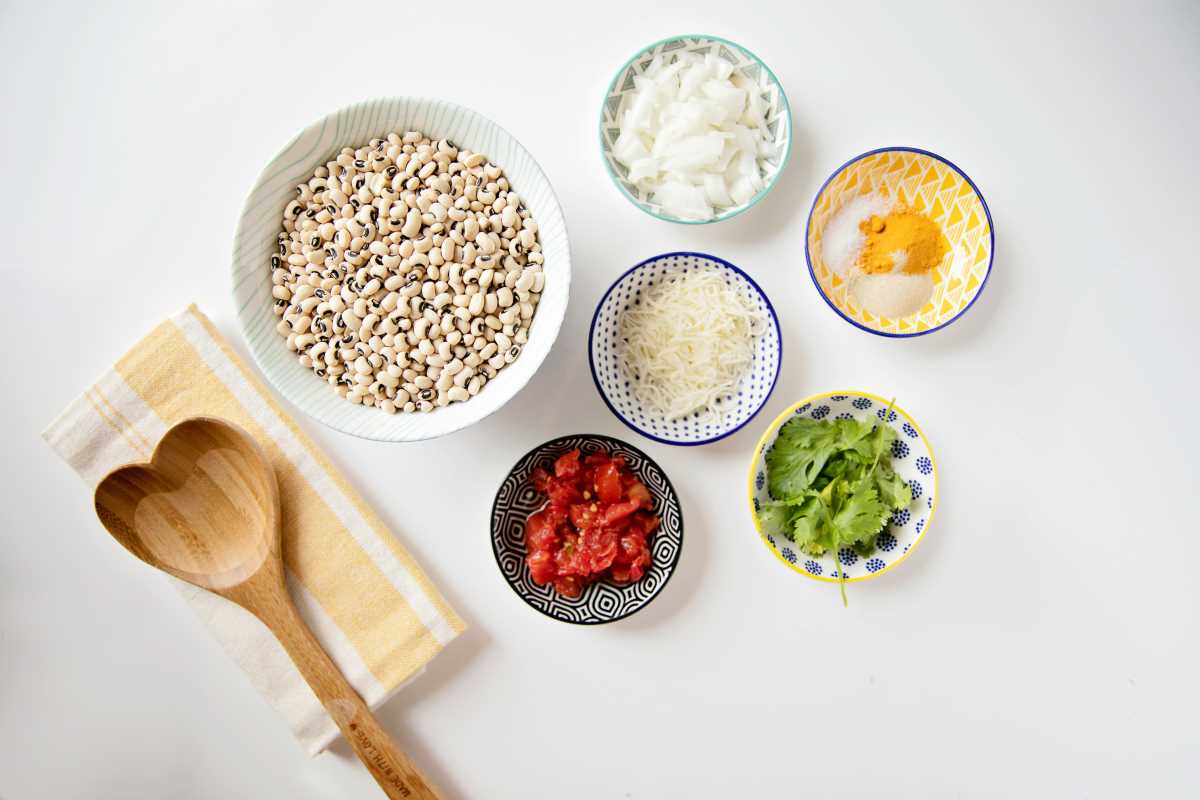As we blow out the candles on our 40th birthday cakes, our bodies quietly start making some changes behind the scenes. One of the most significant shifts? Our bones. While you may not notice it right away, the way we maintain our bone health after 40 can set the tone for how strong and active we’ll feel in the decades to come. This is where calcium steps in as a key player. It’s not just for growing kids and teenagers—it’s a mineral that remains critical for long-term health and vitality at every age. Calcium keeps your bones strong, your muscles working, and your nerves firing. But as we age, getting enough of it becomes more important than ever.
Here’s everything you need to know about why calcium is vital after 40, how to ensure you’re getting enough, and what steps you can take to protect your bones for years to come.
Why Is Calcium Important After 40?
Calcium has long been celebrated as the backbone (literally!) of bone health. Almost all of the calcium in your body—about 99%—is stored in your bones and teeth. The small remainder is used for muscle contractions, blood clotting, and other essential functions.
But here’s the thing. After about age 40, your body becomes less efficient at replacing bone tissue. This means that without enough calcium, you’re likely losing bone density faster than you’re building it. Over time, this can lead to weaker, more brittle bones and increase the risk of osteoporosis (a condition where bones become fragile and prone to fractures).
The Numbers Behind Bone Loss
- Women Beware: Postmenopausal women are at even higher risk of bone density loss due to decreased estrogen levels, which play a role in maintaining strong bones.
- Men Too: While the process is slower for men, they experience gradual bone loss with age as well. Everyone can benefit from a calcium-conscious diet.
What makes calcium so special is its dual role in preventing bone breakdown while helping strengthen the bone you already have. That’s why staying mindful of your intake after 40 is so essential—and trust us, it’s not all about supplements.
Foods That Pack a Calcium Punch
Good news—getting more calcium doesn’t mean you’re stuck drinking gallons of milk every day. A variety of foods are rich in calcium, and many are easy to incorporate into your meals and snacks.
Dairy Products
- Milk: A classic and reliable source of calcium, whether cow’s milk or calcium-fortified plant-based alternatives.
- Yogurt: Delicious and versatile, yogurt can be enjoyed on its own, in smoothies, or as the base for savory dips.
- Cheese: Hard cheeses like Parmesan boast higher calcium levels per serving than softer cheeses.
Non-Dairy Sources
If dairy isn’t your thing, don’t worry—there are plenty of other options to keep you covered.
- Leafy Greens: Kale, bok choy, and collard greens are packed with calcium.
- Tofu: Especially if made with calcium sulfate, tofu can be an excellent alternative.
- Canned Fish: Sardines and salmon with bones are surprisingly rich in calcium.
- Nuts and Seeds: Almonds, sesame seeds, and chia seeds make a fantastic calcium-rich snack or topping.
- Fortified Foods: Many cereals, orange juices, and plant-based milks are fortified with calcium to help you meet your daily needs.
Quick Tips to Sneak Calcium into Your Day
- Add a handful of spinach to your morning smoothie.
- Sprinkle chia seeds or almond slices over your yogurt or oatmeal.
- Swap out your usual snack with a Greek yogurt parfait topped with berries.
- Add canned sardines or salmon to salads for a calcium and omega-3 boost.
Making small, intentional tweaks like these can help you hit your recommended daily intake without overhauling your favorite meals.
Don’t Forget Vitamin D!
Calcium may be the star of the show, but it’s got an important co-star—vitamin D. Without enough vitamin D, your body struggles to absorb calcium properly, no matter how much you might consume.
Your body naturally produces vitamin D when exposed to sunlight, but depending on where you live (hello, winter!), it can be tough to get enough year-round.
Ways to Boost Vitamin D
- Food Sources: Fatty fish like salmon and mackerel, egg yolks, and fortified products like milk or orange juice.
- Sunlight: Spend 10–30 minutes outdoors a few times a week, with your skin exposed to direct sunlight.
- Supplements: If you live in an area with less sun or have limited outdoor time, consider a vitamin D supplement—just check with your doctor first.
By combining enough vitamin D with your calcium intake, you’re giving your body the tools it needs for stronger bones and improved overall health.
Are Calcium Supplements the Answer?
While food should be your primary source of calcium, supplements can be helpful—especially if you’re not meeting your needs through your diet. But before popping a pill, keep these key points in mind.
Common Myths About Calcium Supplements
- Myth: More calcium means stronger bones.
- Truth: Taking too much calcium (beyond recommendations) can pose health risks, including kidney stones or potential heart issues. Always stick to advised levels.
- Myth: Supplements are always necessary after 40.
- Truth: If you’re eating a balanced diet rich in calcium, you might not need supplements at all.
- Myth: All calcium supplements are the same.
- Truth: There are different types of calcium supplements (like calcium carbonate and calcium citrate). Each is absorbed differently, so consult your doctor to find the best match for you.
How Much Calcium Do You Need?
- Women (50+): Aim for 1,200 mg/day.
- Men (51–70): Around 1,000 mg/day. Men over 70 should target 1,200 mg/day too.
Supplements can help close the gap if you’re falling short, but focusing on your diet will always be a healthier, more sustainable approach.
How to Protect Your Bones Beyond Calcium
While calcium is crucial, maintaining strong, healthy bones involves more than just diet. Here’s what else you can do to keep your skeleton in top shape.
- Stay Active - Weight-bearing exercises like walking, jogging, or dancing help stimulate new bone growth. Add strength training for an extra boost to muscle and bone health.
- Quit Smoking - Smoking accelerates bone loss, so kicking the habit can help slow the process.
- Limit Alcohol - Moderation is key. Too much alcohol can interfere with calcium absorption and weaken bones over time.
- Get Regular Checkups - Routine bone density scans help track changes early so you can take action if needed.
Disclaimer: The content provided on SuperHealthyTips is for informational and educational purposes only. This information is not intended to be a substitute for professional medical advice, diagnosis, or treatment.
 (Image via
(Image via


.jpeg)


